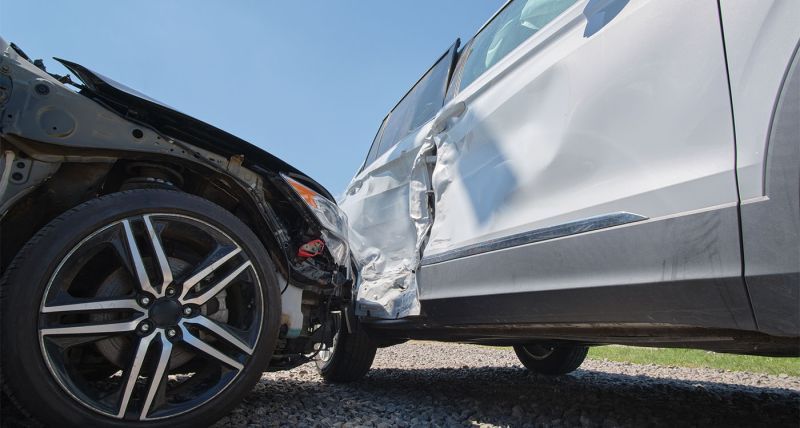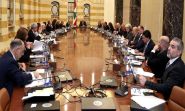
In Lebanon, the toll of road accidents keeps climbing amid widespread indifference. Behind the grim statistics lies the stark absence of the state and its security forces, a failure denounced by YASA’s president, Ziad Akl, in an interview with This is Beirut.
In August alone, more than 40 people were killed on Lebanese roads, with dozens more injured. The slaughter continues unchecked, largely ignored. According to the Youth Association for Social Awareness (YASA), annual fatalities could surpass 1,000 before the year ends. Its president, Ziad Akl, speaking on Tuesday, voiced his deep concern:
“The state is nowhere to be found, and the security forces are just as absent,” he warned, pointing to a deep shortcoming that awareness campaigns alone cannot address.
Week after week, the scenes repeat themselves: a truck flipped on the highway, a motorcycle crushed between two cars, a pedestrian struck while crossing, a storefront demolished by a car at full speed. These images, now depressingly familiar, speak not of chance but of the chaos of roads without rules.
Akl stressed that the suspension of mandatory vehicle inspections has created a dangerous gap:
“Vehicle maintenance has deteriorated dramatically. Traffic laws are enforced only superficially, mostly a handful of fines for illegal parking, while the most serious violations go unchecked: driving against traffic, speeding, and disregarding basic rules.”
The scope of the tragedy is measured in stark numbers. By June, more than 200 deaths and 6,000 injuries had already been recorded in just six months. YASA’s data for the first seven months indicates a troubling trend:
“We’ve recorded an increase of more than 30% in casualties,” Akl explained, highlighting a sharp rise in accidents involving two-wheeled vehicles.
“Worldwide, motorcycles are an essential mode of transport. In Lebanon, they have become a major source of infractions: riding against traffic, no helmets, lack of papers or insurance,” listed Akl, urging stricter regulation from the import of vehicles to the granting of specific licenses.
Interior Minister Ahmad al-Hajjar recently announced the revival of the National Road Safety Commission, which had been dormant for six years. Yet on the ground, little has changed.
“No awareness campaign will have any impact if the Internal Security Forces and municipal police do not genuinely commit to enforcing the law,” Akl warned, calling on newly elected municipalities and municipal unions to take tangible measures.
Even Parliament’s Public Works and Transport Committee, once charged with oversight, has largely abdicated its role.
Beyond pointing out the neglect, YASA says it intends to act. Akl outlined ongoing efforts with health authorities:
“We are working with the Ministry of Health to improve statistical methodology. In Lebanon, data accuracy is a real challenge, as the available figures are unreliable. Together with the Ministry, we are trying to ensure that hospital-based statistics accurately reflect reality, so we can measure, with precision, the true number of victims on our roads.”




Comments